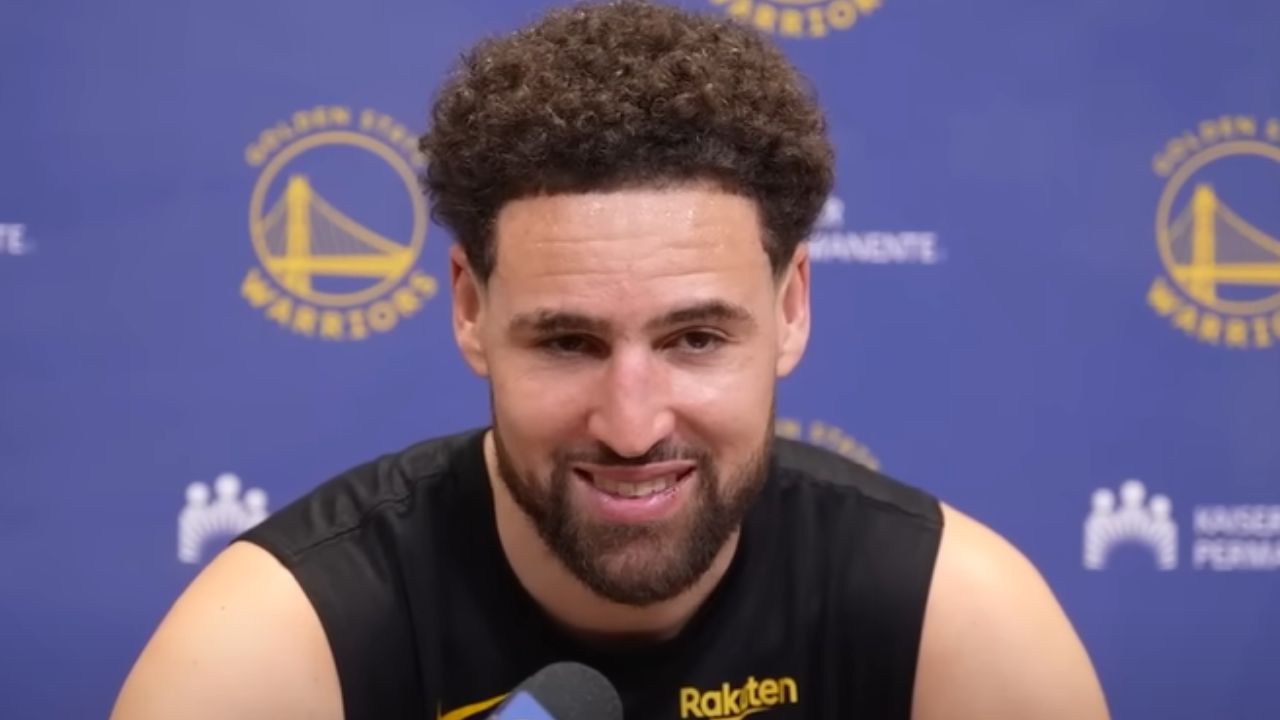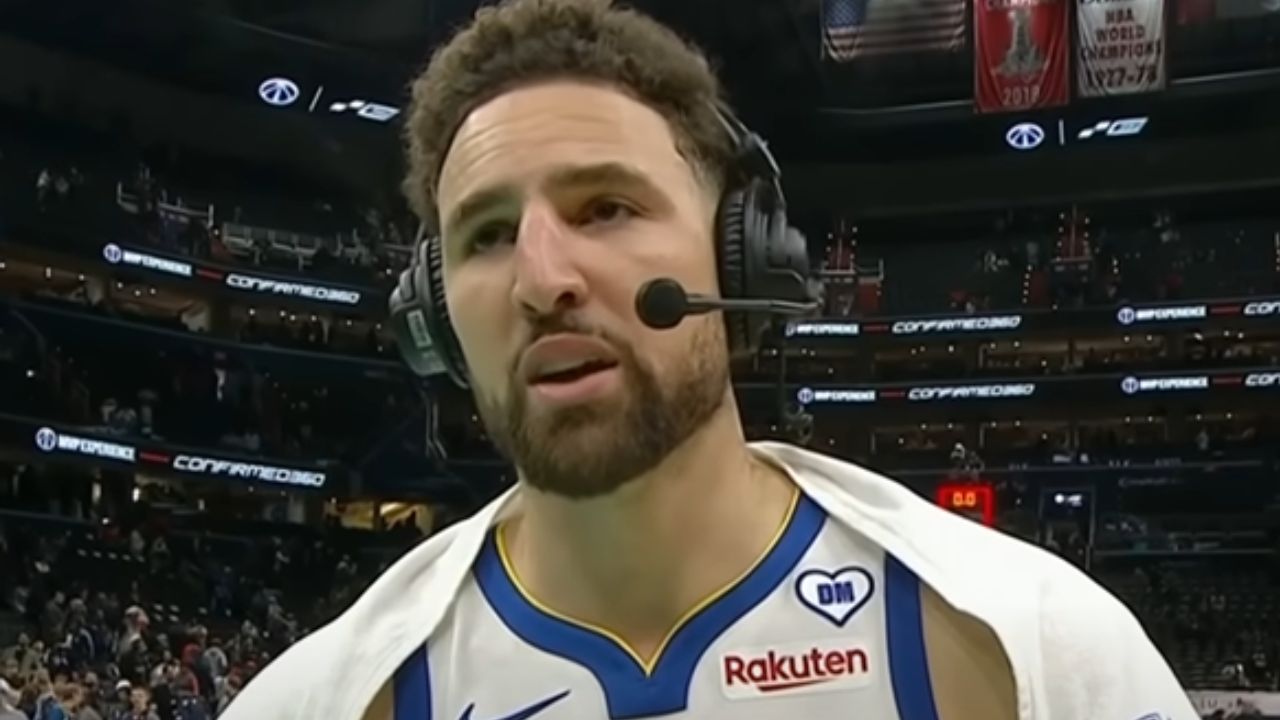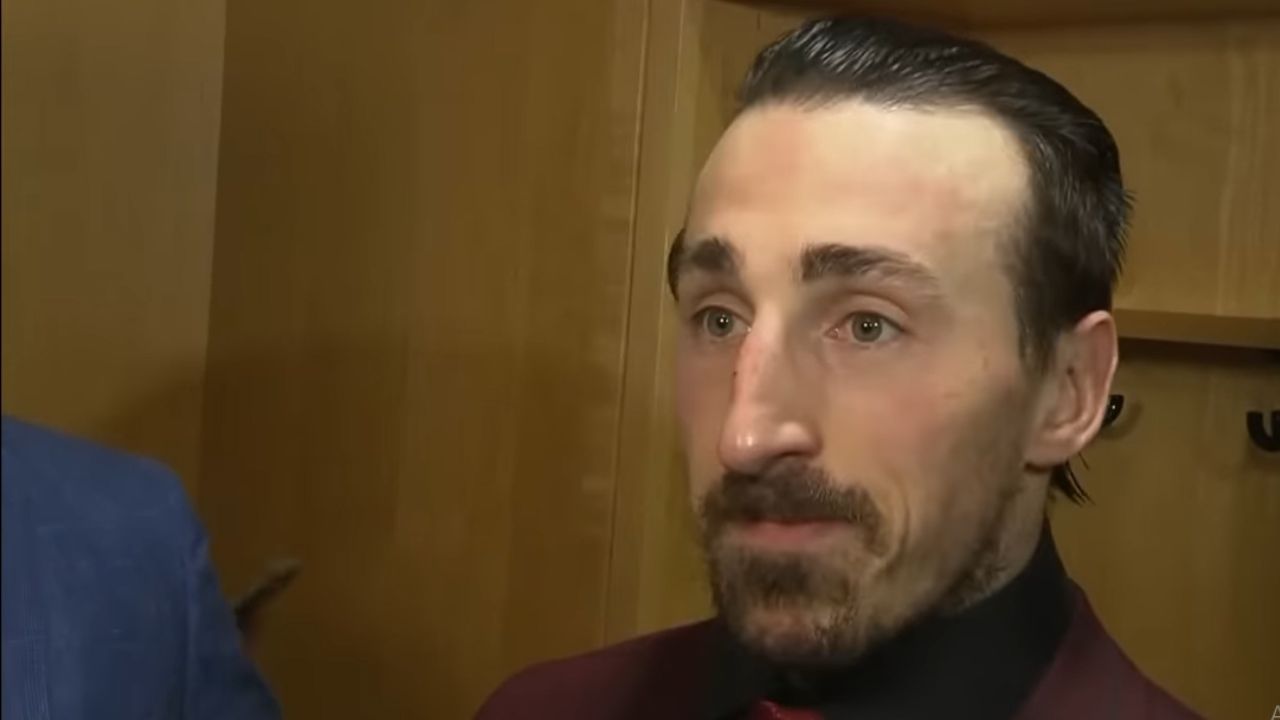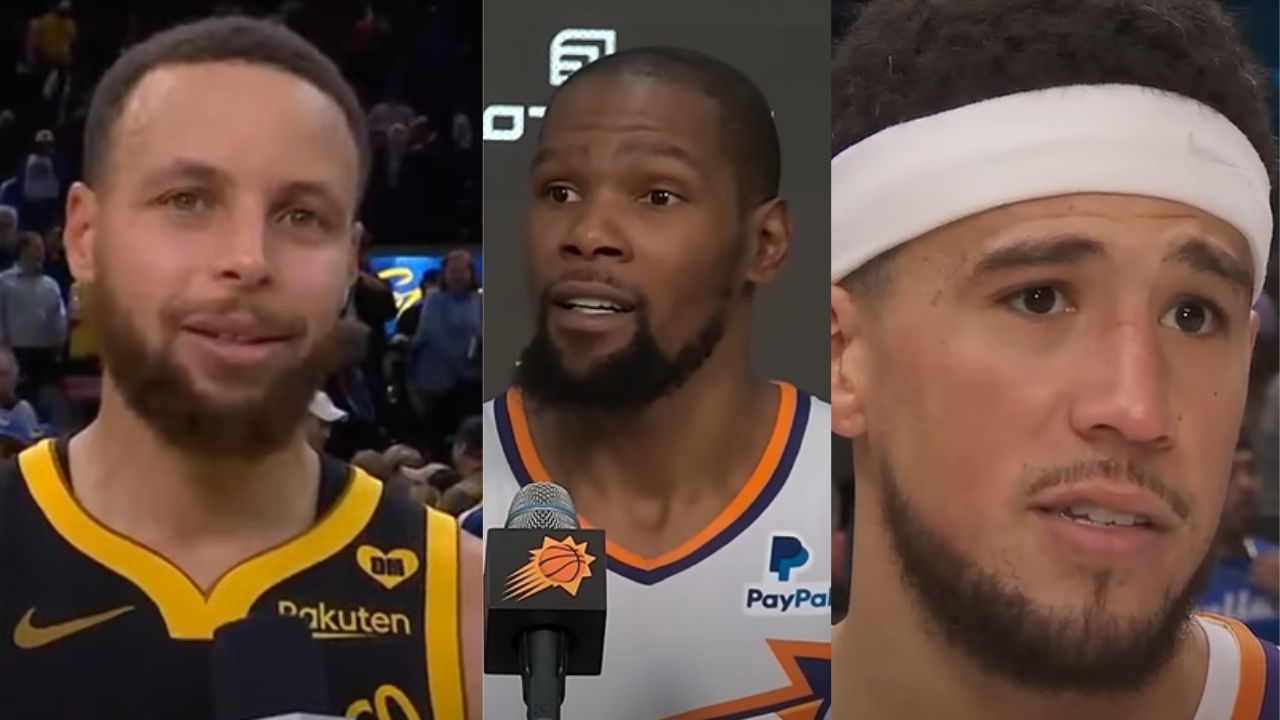In the high-stakes world of the NBA, where loyalty and finance dance a delicate ballet, the saga of Klay Thompson’s contract negotiations with the Golden State Warriors has taken center stage, revealing the strains and stresses that lie beneath the glittering surface of professional basketball. As the drama unfolds, it’s the bond between Thompson and Warriors owner Joe Lacob that finds itself under the most intense scrutiny, raising questions about the future of one of the game’s most celebrated shooters.
Klay Thompson, a pivotal figure in the Warriors’ dynasty, is on the cusp of free agency at the season’s end. The journey to this point has been anything but smooth. The sharpshooter’s performance on the court has faced its fair share of challenges, casting a shadow over his once unquestionable value to the team. Against this backdrop, reports have emerged of a growing tension between Thompson and Lacob, centered around the complexities of contract negotiations.

Sam Amick of The Athletic brings to light that the initial contract extension offer—a two-year deal proposed by the Warriors in the offseason—might have been the spark that ignited the current state of affairs. Despite the rocky start and the dips in Thompson’s performance, both parties remain hopeful of reaching a common ground. Yet, the uncertainty looms large, casting doubt over whether Thompson will hang his jersey in the Bay Area when all is said and done.
In the midst of uncertainty, the potential linchpin for reconciliation could well be Stephen Curry, the Warriors’ luminary. Curry’s expressed wish to conclude his illustrious career alongside stalwarts Draymond Green and Thompson offers a glimmer of hope. With Curry’s contract extending two more years and Green’s potential opt-out clause, the dynamics within the Warriors’ core are anything but static.
I would love to be a Warrior for life,” Thompson said. “Whatever happens though, I’ve got a few more years to play this game, so I’m gonna enjoy every second.
Adding another layer to this intricate narrative is the Warriors’ financial conundrum, as outlined by ESPN’s Bobby Marks. Joe Lacob’s determination to alleviate the team’s luxury tax woes could see Thompson’s free agency, alongside Chris Paul’s non-guaranteed deal and Andrew Wiggins’ movable contract, as pieces in a complex puzzle designed to secure the franchise’s fiscal health. Marks opines that Thompson’s market value, potentially seen as a $25 million a year investment, might deter suitors, further complicating the negotiations.
The landscape of the NBA is fraught with tales of loyalty tested, bonds strained, and the inevitable clash between personal ambition and team dynamics. Thompson’s situation is emblematic of a larger narrative playing out across the league, where the balance between securing financial stability and maintaining team cohesion is a tightrope walked by players and management alike. The Warriors, once an indomitable force in the league, find themselves at a crossroads, navigating the delicate interplay of rebuilding a championship-caliber team while managing the fiscal realities of modern-day basketball.
As the negotiations proceed, the wider implications for the Warriors and the NBA become clear. Thompson’s fate is not just a matter of contractual agreements; it’s a bellwether for the future of one of the league’s most storied franchises. The resolution of this contract saga will undoubtedly send ripples through the league, influencing player negotiations, team strategies, and the financial landscape of the NBA for years to come.
As this story of negotiation, loyalty, and basketball prowess continues to unfold, the spotlight remains firmly on Thompson and Lacob. Their ability to navigate these tumultuous waters will not only define their personal legacies but also the future trajectory of the Golden State Warriors. The basketball community watches on, eager to see how this high-stakes drama will resolve, knowing that the outcome will reverberate far beyond the hardwood floors of the Chase Center.






